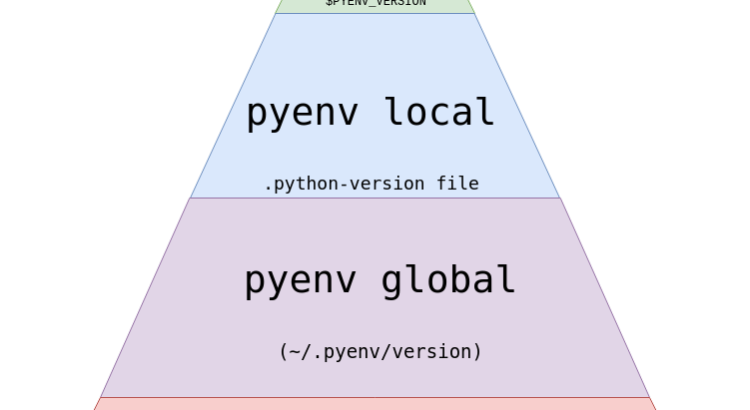
For more information, see Understanding conda and pip.
#Scipy version install#
Databricks recommends using pip to install libraries. They are only available on Databricks Runtime ML up to Databricks Runtime ML 8.4, and on Databricks Runtime for Genomics. Note that %conda magic commands are not available on Databricks Runtime. For more information on installing Python packages with conda, see the conda install documentation.
#Scipy version how to#
The following sections contain examples of how to use %conda commands to manage your environment. The %conda command is equivalent to the conda command and supports the same API with some restrictions noted below.
#Scipy version update#
You must update all usage of %conda install and %sh conda install to specify a channel. To install or update packages using the %conda command, you must specify a channel.ĭefault Anaconda channels will be removed from all Databricks Runtime versions on or after May 25th, 2021. Your use of any Anaconda channels is governed by their terms of service.Īs a result of this change, Databricks has removed the default channel configuration for the Conda package manager in Databricks Runtime ML 8.0. See Anaconda Commercial Edition FAQ for more information.
#Scipy version license#
Based on the new terms of service you may require a commercial license if you rely on Anaconda’s packaging and distribution. updated their terms of service for channels in September 2020. If you require python libraries that can only be installed using conda, you can use conda-based docker containers to pre-install the libraries you need.Īnaconda Inc. Databricks recommends using %pip for managing notebook-scoped libraries. %conda commands have been deprecated, and will no longer be supported after Databricks Runtime ML 8.4. To install libraries for all notebooks attached to a cluster, use workspace or cluster-installed libraries. The library utility is supported only on Databricks Runtime, not Databricks Runtime ML or Databricks Runtime for Genomics. This article describes how to use these magic commands. Databricks recommends using this approach for new workloads. The %pip command is supported on Databricks Runtime 7.1 and above, and on Databricks Runtime 6.4 ML and above. Run the %pip magic command in a notebook.There are two methods for installing notebook-scoped libraries: You must reinstall notebook-scoped libraries at the beginning of each session, or whenever the notebook is detached from a cluster. Notebook-scoped libraries do not persist across sessions. Other notebooks attached to the same cluster are not affected. When you install a notebook-scoped library, only the current notebook and any jobs associated with that notebook have access to that library. As a result, priority will be given to versions of Python that include the module specified within the call to import() (i.e. versions that don’t include it will be skipped).Notebook-scoped libraries let you create, modify, save, reuse, and share custom Python environments that are specific to a notebook. The scanning for and binding to a version of Python typically occurs at the time of the first call to import() within an R session.

For example, if you execute import("nltk") then the following locations (among other similar ones) would be scanned for a version of Python with the nltk module installed:Īt the location of the Python binary discovered on the system PATH (via the Sys.which function).Īt other customary locations for Python including /usr/local/bin/python, /opt/local/bin/python, etc. Within virtualenvs and conda envs that carry the same name as the first module imported.

If specified, at the locations referenced by calls to use_python(), use_virtualenv(), and use_condaenv(). If specified, at the location referenced by the RETICULATE_PYTHON environment variable.

The order in which versions of Python will be discovered and used is as follows:


 0 kommentar(er)
0 kommentar(er)
